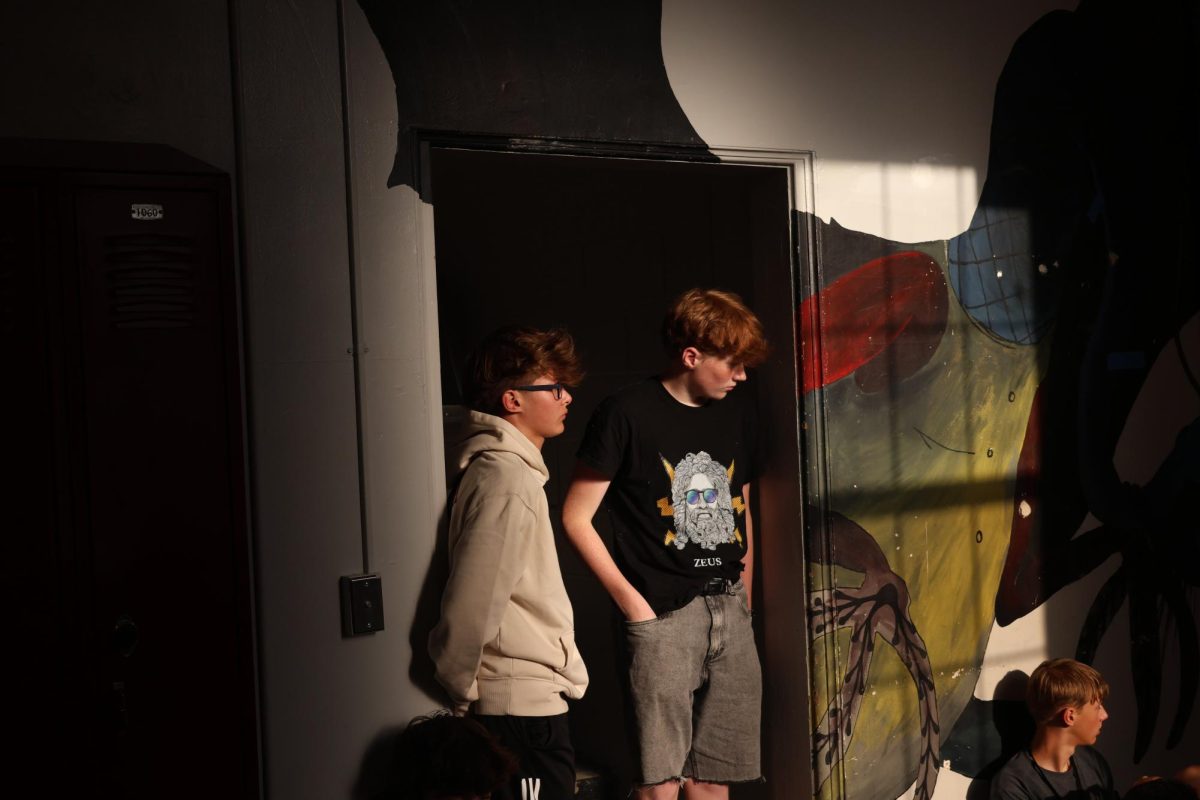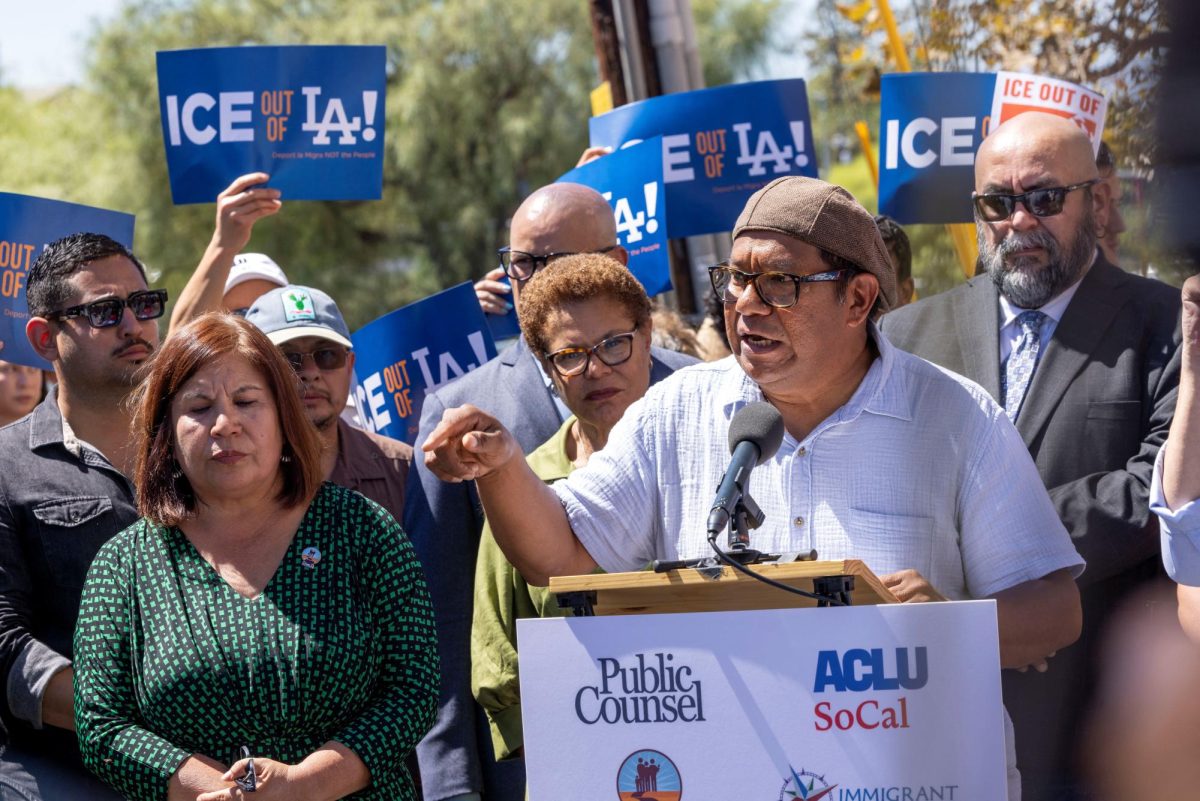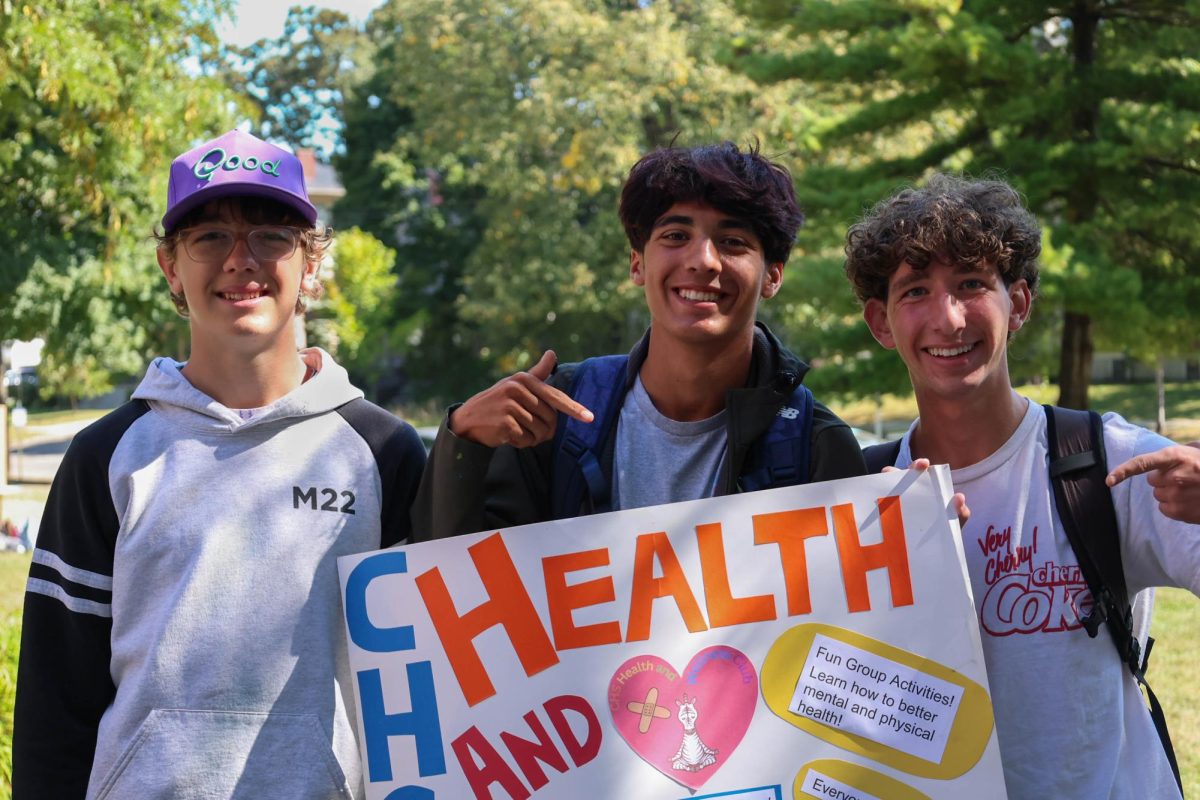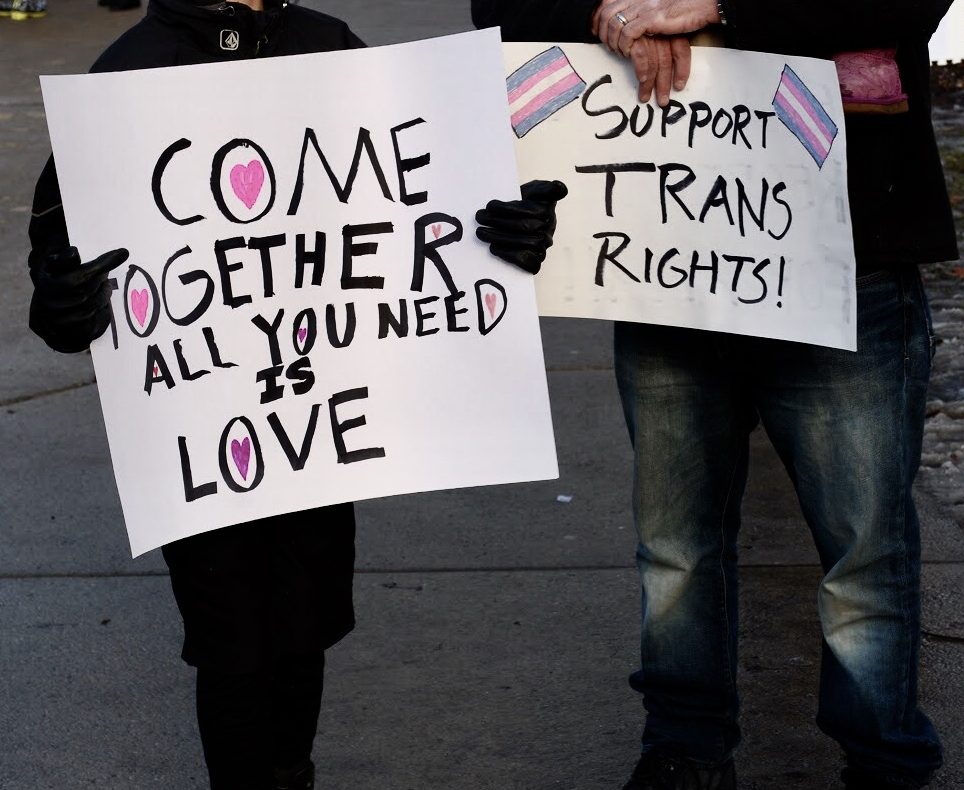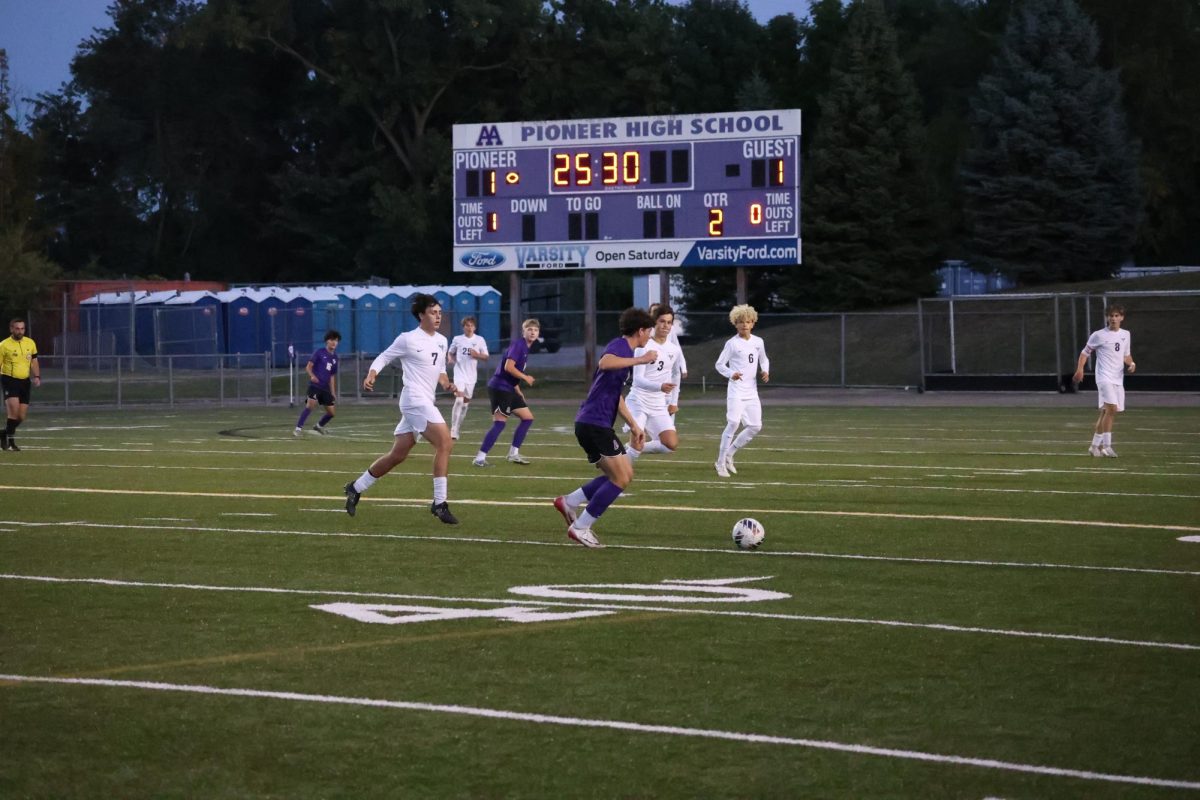
Imagine a world without Wikipedia. A world without Flickr or Vimeo. This horrible place could become a reality. The United States Senate and House of Representatives both proposed bills regarding copyright and Internet piracy issues. The Senate’s bill is called the Protect Internet Property Act, or PIPA. The House of Representatives’ bill is the Stop Online Piracy Act, or SOPA. The bills aim to stop Internet piracy by cutting off select foreign sites via American search engines.The bills were supported significantly by both the House of Representatives and the Senate until Wednesday. Wikipedia blacked out its English-language section in protest. As other sites such as Google, Reddit, and Craigslist joined in the protest. The publicity from these websites increased awareness all over.
CHS sophomore, Tracy Sherdt thinks the bill jeopardizes the right to information. “The Internet represents information, so [the bill] is censoring information, which I think is a basic right,” said Sherdt.
After many members of Congress were contacted constituents who oppose the bills, their views have changed. Student teacher, Nadia Selim believes that because “websites had a place where you can contact a representative and sites like Wikipedia, and Google had their solid black square [which] helped influence Congress.”

Some think the bill won’t work. Danny Rivet simply states, “What they are doing is not fixing the problem it is just kind of blocking it up…that’s not going to solve anything.” He suggests the two parties create a coalition. “They need to work with the Internet sites instead of just shutting them down.”
Junior Dan Sagher predicts potential danger, comparing the censorship to that of drugs. “It’s just going to create a larger black market for music. The same thing
that happened with drugs. The illegal Internet is just going to be used a lot more, which could be dangerous.”
The vote on Jan. 24 will test out the influence of piracy issues in government debate. These bills, if passed, will allow the Justice Department to take down foreign websites committing or facilitating intellectual property theft. The government would also be able to force United States companies to cut off ties with these sites. This is a big step in the battle with piracy. Too big according to the reactions the websites and consumers have shown.



